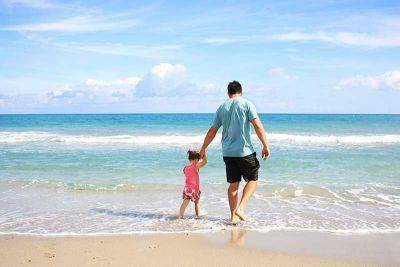EDITORIAL - Avoiding FLiRT
Travel restrictions aren’t being imposed and mandatory masking is not being restored. But health experts are urging the public to take precautions as the so-called FLiRT variants of COVID-19 spread in certain countries including neighboring Singapore.
Yesterday, the Department of Health confirmed that it had ordered the Bureau of Quarantine, which is under the DOH, to conduct “thorough screening” of arriving passengers at all points of entry nationwide as a precaution against the spread of FLiRT. The BOQ issued a memorandum dated May 24, placing all its stations and other concerned agencies under “heightened alert” for the COVID variants.
FLiRT is an acronym for the sites of the mutations that the variants share on the spike protein of SARS-CoV-2, the virus that causes COVID. The World Health Organization says the FLiRT variants have become the dominant SARS-CoV-2 strain circulating globally this year. Unlike previous variants, experts warn that FLiRT may evade antibodies. This month the WHO labeled the FLiRT variant KP.2 as a “variant under monitoring” amid a surge in COVID cases in Singapore, with patients filling up hospitals.
Most Filipinos acquired vaccine and natural immunity to SARS-CoV-2, although this has waned, and the previous vaccines were not designed for FLiRT. Still, while epidemiologists say FLiRT poses “low public health risk” at this point, they also warn that vulnerable sectors such as the elderly and persons with comorbidities must be protected from infection. New COVID cases are generally mild, but hospitalization is still required when patients find difficulty breathing or waking up, feel persistent chest pain or pressure, experience confusion or see their lips or face turning bluish.
Filipinos are familiar with COVID symptoms as well as the basic health safety protocols: hand hygiene, cough and cold etiquette, masking and avoidance of crowded places. Those with symptoms must be responsible enough to isolate themselves until they become well.
Health experts keep reminding the public that COVID continues to kill and impair both physical and mental health. Hospitalization is expensive. There are also increasing reports of long COVID, which







